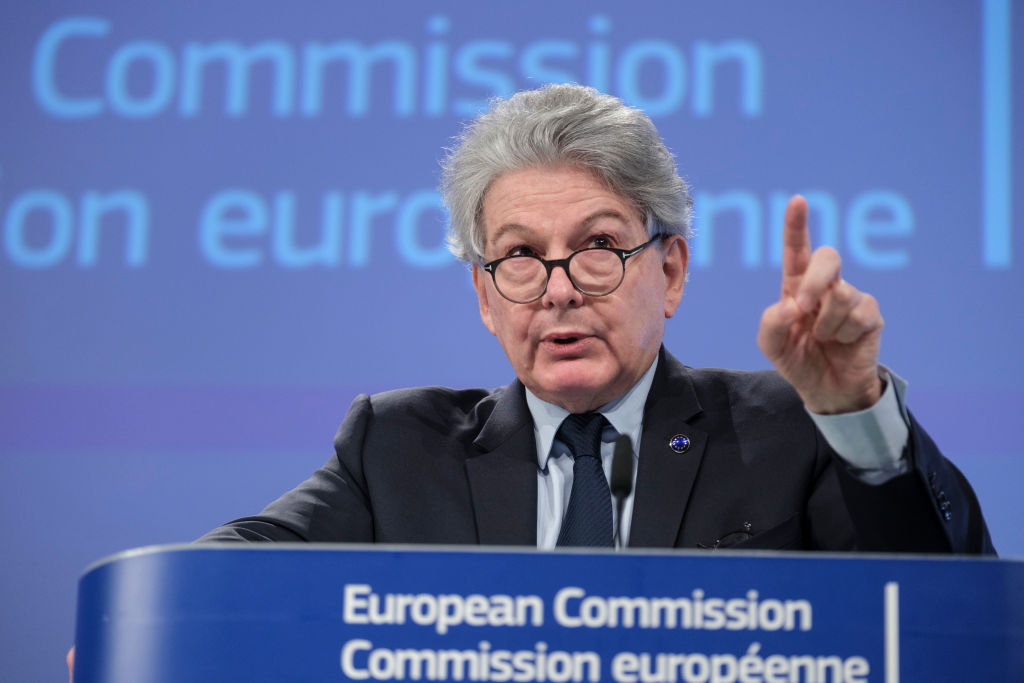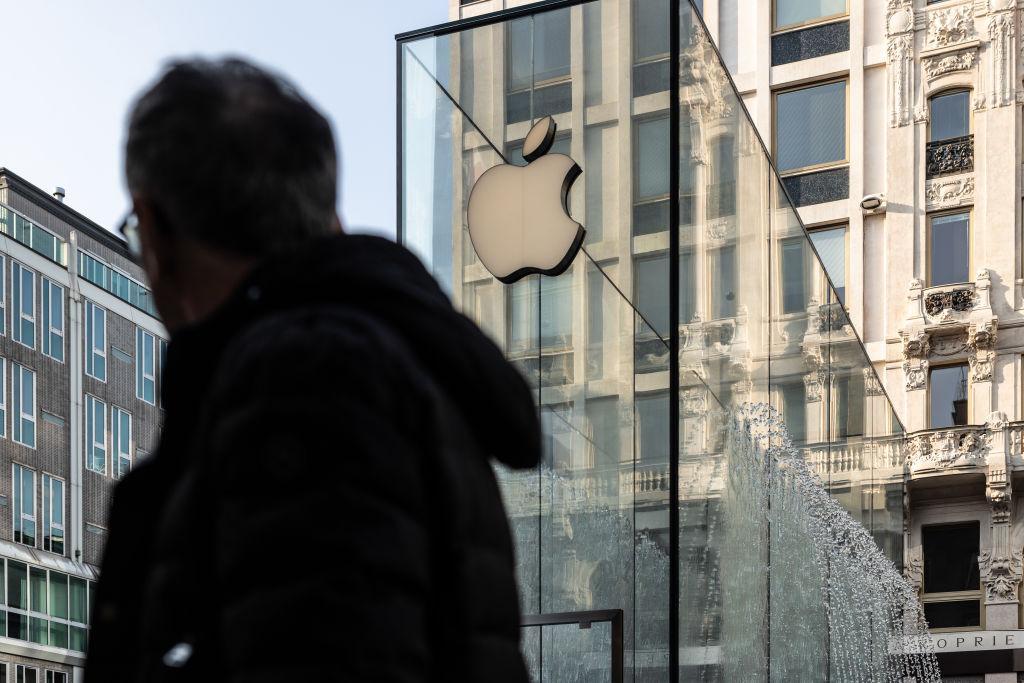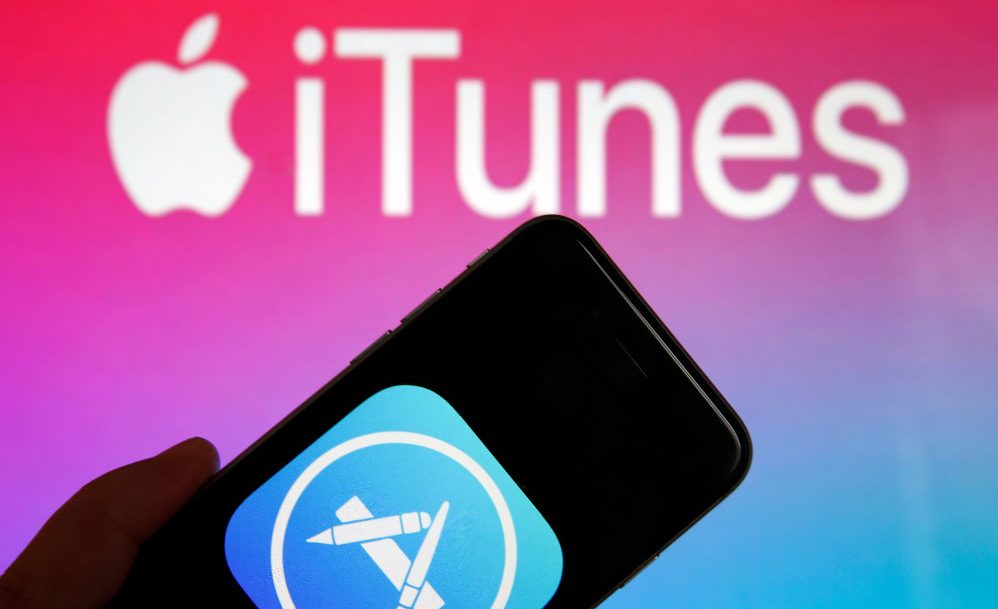Apple has once again adjusted its App Store rules amid ongoing pressure from the European Union.
The Californian tech giant has become a whipping boy for the European Commission in recent months, with regulators repeatedly using the new Digital Markets Act (DMA) to force the company to make changes to its products.
While Apple had already made adjustments to its App Store policies earlier this year in the hopes of being deemed DMA-compliant, further changes were announced on August 8 in the hopes of dissuading EU complaints.
“In response to the announcement by the European Commission in June, we’re making the following changes to Apple’s Digital Markets Act compliance plan,” the company said.
As part of these changes, developers using the App Store will now be able to steer users to third-party websites without informing Apple, a change long-demanded by Brussels lawmakers.
They will also be allowed to communicate special deals available to users without repercussions, even when those deals are not available on an Apple platform.
This is a change to previous App Store rules that forbade developers from contacting their users about such deals when they were not available through Apple’s payment processes. Such restrictionns applied both to contacting users through the Apple-distributed app, as well as via third-party methods such as email.
“Developers may design and execute within their apps the communication and promotion of offers,” Apple confirmed.
“This includes providing information about prices of subscriptions or any other offer available both within or outside the app, and providing explanations or instructions about how to subscribe to offers outside the application.”
Is Brussels waging a vendetta against US Big Tech?
Would you like to know more about why the EU is going after Apple?Click the link to access the full interview ??https://t.co/Rai1aDLyFV @JustinStares @Peter_Caddle#tech #brussels #policy #eu #bigtechs #news #interview pic.twitter.com/SotrFtst7L
— Brussels Signal (@brusselssignal) March 21, 2024
While many media outlets accept these changes are reflective of Apple trying to make itself compliant with the DMA, some developers are unhappy.
Most prominent among them is Epic Games owner Tim Sweeney, who has lashed out at the alterations as not going far enough to actually comply with EU tech rules.
Sweeney highlighted two new changes as evidence for this claim: The introduction of new fees for companies that want to transition their app to a new, non-Apple app store, as well as the company’s decision to keep showing warning notifications for users who try to install non-App Store apps.
https://t.co/28OjstoHrE pic.twitter.com/yJ8j80CPA3
— Tim Sweeney (@TimSweeneyEpic) August 8, 2024
“In the European Union where the new DMA law opens up app store competition, Apple continues its malicious compliance by imposing an illegal new 15% junk fee on users migrating to competing stores and monitor commerce on these competing stores,” he wrote on social media platform X.
“Apple’s terms make it completely uneconomical for developers to distribute their apps through both the Apple App Store and competing iOS app stores, thus denying new app store market entrants any chance of competing and growing organically through better terms.
“You know Apple is dug into its malicious compliance strategy when it’s not only leaving its horrid scare screens in place amidst the EC investigation but is adding scare screen settings so each user can personalise the way Apple stifles competition,” he added in another post.
Sweeney, whose Epic Games video game company is responsible for Fortnite and the highly successful Unreal Engine, has been feuding with Apple for years, with the iPhone manufacturer removing Fortnite from the AppStore in 2020.
The prominent developer has since become a weathervane for EU tech crackdowns on Apple, with Brussels frequently taking action against elements of Apple’s AppStore policy that he highlights online as being incompatible with the DMA.
Eurocrats have not been shy about hiding Sweeney’s influence, with the bloc’s self-styled “Digital Enforcer”, Thierry Breton, using the hashtag #FreeFortnite, an old Epic Games marketing slogan, in one X post discussing the bloc’s dealings with Apple.
The European Union is to force through changes to Apple’s iPhone operating system iOS to make it compatible with the bloc’s anti-trust laws. https://t.co/LRZDdCKDLe
— Brussels Signal (@brusselssignal) July 12, 2024





